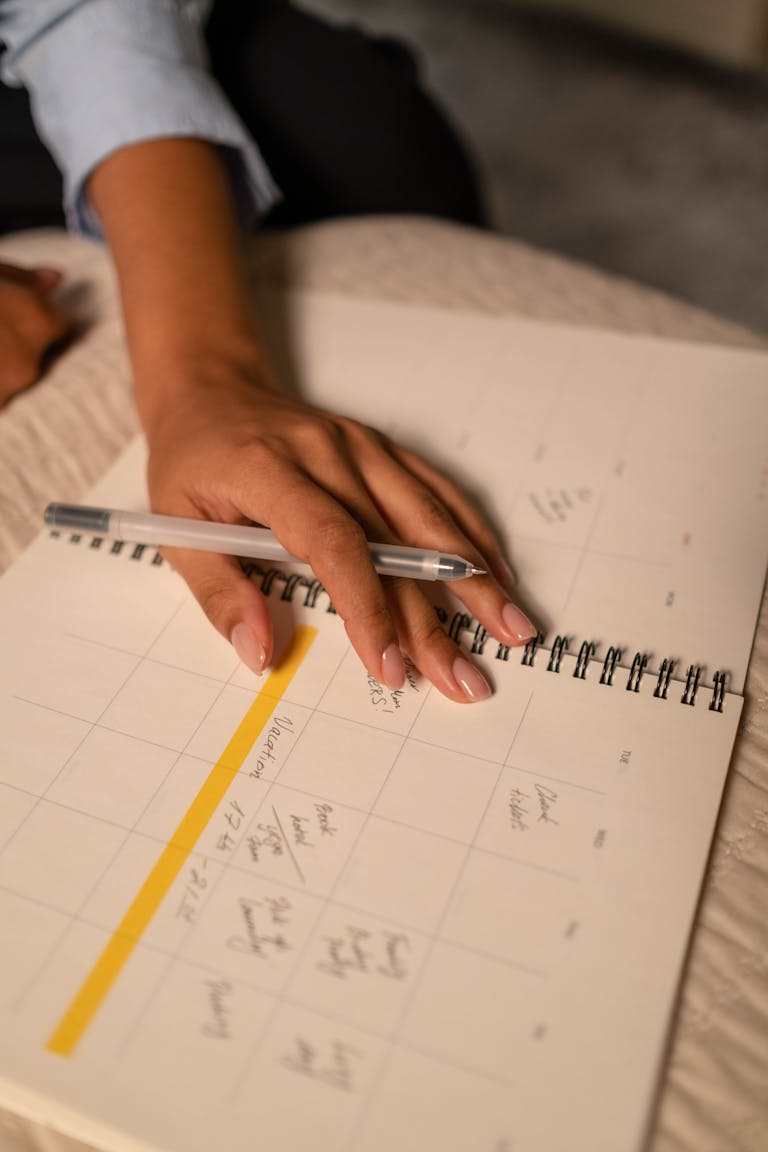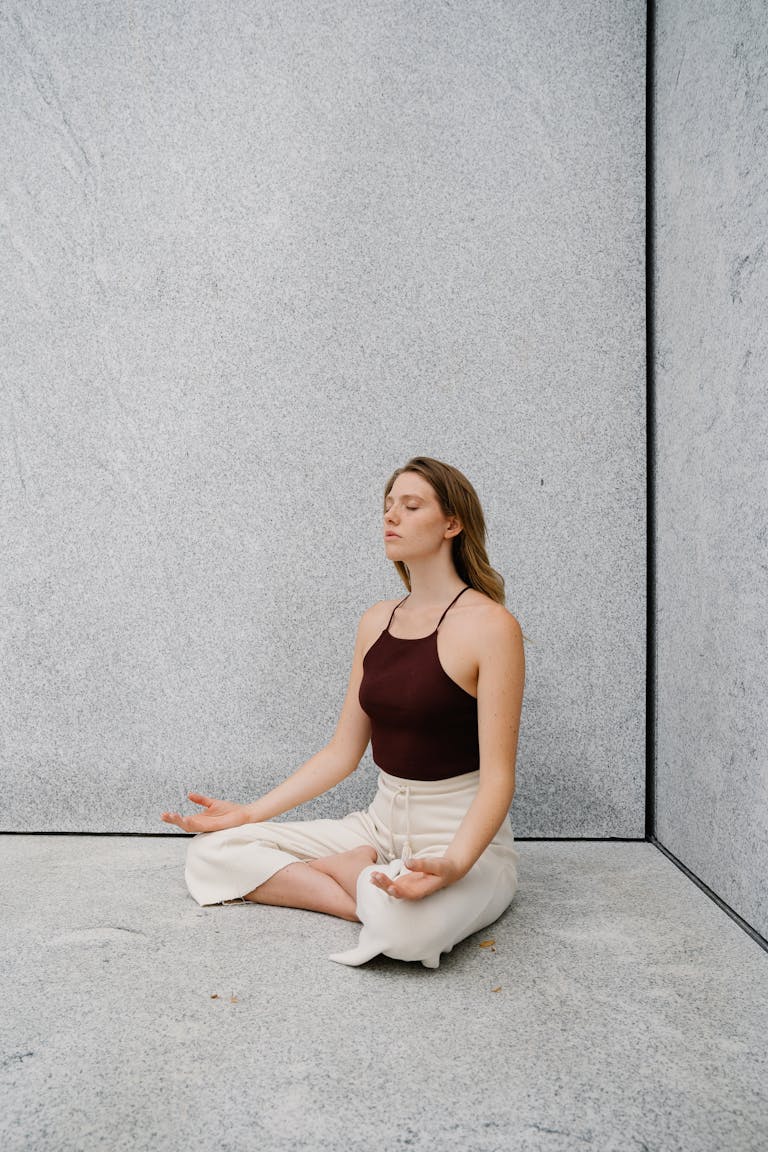Introduction
Do you say “yes” when you really want to say “no”? You’re not alone. Many people struggle with guilt, fear of rejection, or conflict avoidance. But learning the art of saying “no” is one of the most powerful skills you can master—for your peace, productivity, and personal power.

1. Understand Why You Struggle to Say No
Common reasons include:
- People-pleasing tendencies
- Fear of missing out (FOMO)
- Wanting to be liked
- Avoiding confrontation
Recognizing these patterns is the first step toward breaking them.
2. Know Your Priorities
When you’re clear on what matters to you—your time, health, or goals—it becomes easier to say no to what doesn’t align.
Ask yourself:
“If I say yes to this, what am I saying no to?”
3. Use Kind But Firm Language
Saying no doesn’t mean being rude. Try:
- “Thanks for thinking of me, but I can’t commit right now.”
- “I’m honored you asked, but I’ll have to decline.”
- “I’m focusing on other priorities at the moment.”
Avoid over-explaining—clarity beats justification.
4. Practice Saying No in Low-Stakes Situations
Build your confidence by declining small requests:
- “Would you like a sample?” – “No, thank you.”
- “Can I borrow your charger?” – “Sorry, I need it right now.”
It gets easier with repetition.
5. Delay When Needed
If you’re unsure, say:
- “Let me check my schedule and get back to you.”
- “I’ll need to think about that.”
This gives you space to make a mindful decision.
6. Deal With Guilt Constructively
Guilt is a normal emotional response, but it doesn’t always mean you did something wrong.
Remind yourself:
“I’m not responsible for managing everyone else’s feelings.”
You have a right to protect your own peace.
7. Respect Others Without Sacrificing Yourself
Healthy relationships allow room for honesty and boundaries. People who truly respect you will understand and adjust.
Q1: Is it selfish to say no?
No. Setting boundaries is a form of self-respect, not selfishness.
Q2: How do I say no without feeling rude?
Use polite but clear language. It’s possible to be both kind and assertive.
Q3: What if someone gets upset when I say no?
Their reaction is their responsibility. Focus on communicating with empathy and honesty.
Q4: Can saying no improve mental health?
Yes. It reduces stress, prevents burnout, and helps maintain emotional balance.
Next time you feel pressure to say “yes,” pause and reflect: Does this serve me? Practice your no with grace, and give yourself permission to prioritize your own needs.

I’m EKBAL HOSSAIN MONDAL, the creator of SmartSolveTips.com — a blog dedicated to helping people improve productivity, avoid digital burnout, and live better online. With years of hands-on experience in self-development and digital wellness, I write practical tips and tools to help you stay focused and thrive in a fast-paced digital world.






